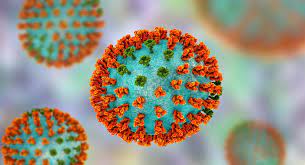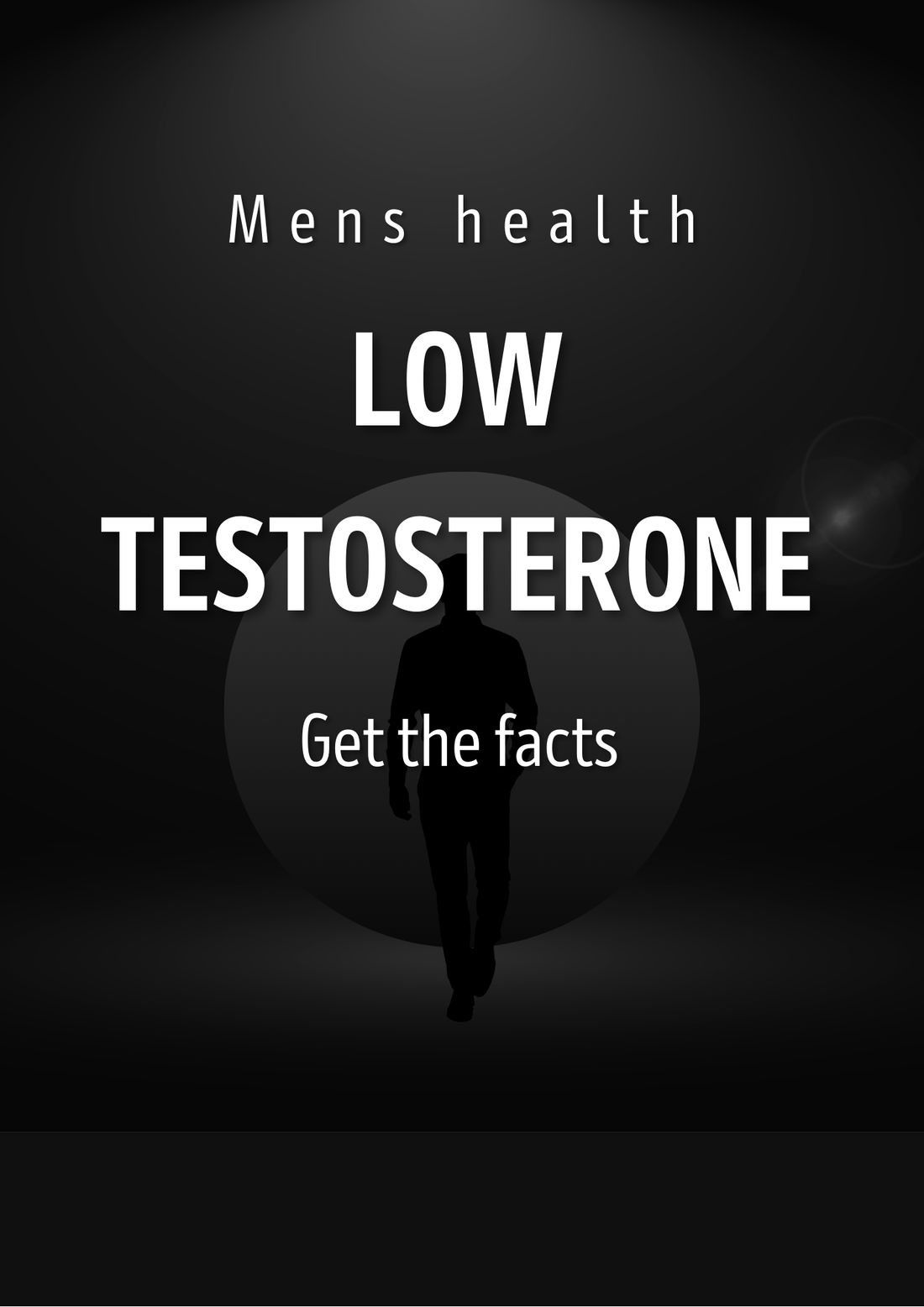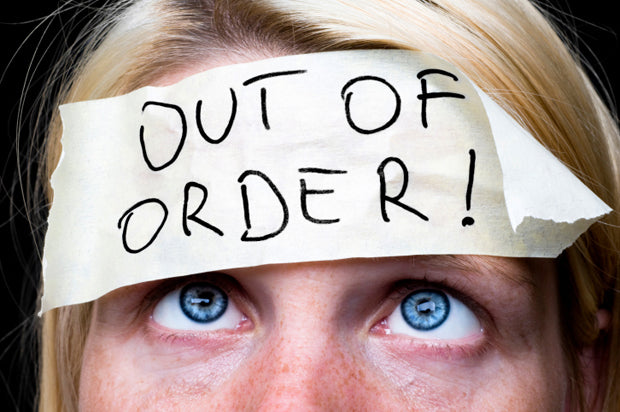Sometimes it can be difficult to avoid catching a viral Cold/Flu, but the majority of cold and flu symptoms should clear up in around 14 days.

Difference between Covid, Flu and the Common Cold
Covid is a viral illness, just like Flu and The Common Cold are viral illnesses. However, the main difference between the 3 of them is that they are each caused by a different viral strain.
Covid and Flu are respiratory illnesses and affect your lungs. The Common Cold only affects your nose and throat, hence why it is often called a 'head cold'.
Covid and Flu are generally more severe and may last longer than a common cold. People with the Common Cold don't generally tend to get Fever, Sore Joints and Aches and Pains. These are more normally noted in people with Covid and Flu
Covid 19 is caused by a coronavirus called SARS-CoV-2, while flu is caused by influenza A and B viruses.
Covid 19 appears to be contagious for a longer time and to spread more quickly than the flu. With Covid 19 you may be more likely to experience loss of taste or smell.
Severe illness is more frequent with Covid 19 than with the flu. Compared with historical flu cases, Covid 19 may cause more hospital stays and death for people age 18 and older, even those who have no other health challenges.
COVID-19 and flu complications
Covid 19 can cause different complications from the flu, such as
-blood clots,
- post-Covid conditions
- and multisystem inflammatory syndrome in children.
Flu infection leads to secondary bacterial infection more often than Covid 19 infection does.

Symptoms of Flu and Covid 19
- a sudden high temperature
- an aching body
- feeling tired or exhausted
- a dry cough
- a sore throat
- a headache
- difficulty sleeping
- loss of appetite
- diarrhoea or tummy pain
- feeling sick and being sick
- People with Covid 19 may also loose their taste and smell
How to treat Covid and Flu Symptoms

- you're feeling gradually more unwell or more breathless
- you have difficulty breathing when you stand up or move around
- you feel very weak, achy or tired
- you're shaking or shivering
- you've lost your appetite
- you're unable to care for yourself – for example, tasks like washing and dressing or making food are too difficult
- you still feel unwell after 4 weeks – this may be long covid
If you have flu and any of the following
- you're 65 or over
- you're pregnant
- you have a long-term medical condition – for example, diabetes or a condition that affects your heart, lungs, kidneys, brain or nerves
- you have a weakened immune system – for example, because of chemotherapy or HIV
- your symptoms do not improve after 7 days
Call an ambulance or go to A&E if you have flu or covid and any of the following symptoms
- you're feeling gradually more unwell or more breathless
- your breathing has got suddenly worse
- you cough up blood
- you feel cold and sweaty, with pale or blotchy skin
- you have a rash that looks like small bruises or bleeding under the skin and does not fade when you roll a glass over it
- you collapse or faint
- you feel agitated, confused or very drowsy
- you've stopped peeing or are peeing much less than usual
- You develop severe chest pains

Lateral Flow Test
Lateral flow tests are a very useful way of determining whether or not you have covid.
Coronavirus (COVID-19) tests are no longer free for most people.
Some people can still get free COVID-19 rapid lateral flow tests from the NHS.
You can get free NHS tests if you have a health condition which means you're eligible for COVID-19 treatments.
You may also be able to get free NHS tests if:
- you're going into hospital
- you work in healthcare or adult social care
You can check in your local pharmacy if you are eligible to get free lateral flow tests, or click the link below
https://www.gov.uk/order-coronavirus-rapid-lateral-flow-tests
Isolation Guidelines for Covid 19
If you have any virus and you feel unwell, you should remain at home. However, Covid 19 has specific guidelines.
Currently in the UK and N Ireland, you should remain in self isolation for 5 days from the day you took the test. The reason for this is that Covid 19 is more contagious than flu, and causes more severe illnesses.
How to prevent getting Covid and Flu
Viruses are spread by droplets from the infected person. So being in contact with someone who has coughed or sneezed.
Wash your hands regularly! Simple!
If you have any signs of a flu or Covid 19, remain at home, maintain good hand hygiene and cough into yoursleeve or into a tissue. This will reduce the amount of virus in circulation.

Anyone over 50 years, and anyone that is immunocompromised, and people with specific diseases will be offered the seasonal flu and covid 19 vaccine. You can ask your pharmacist if your eligible. This reduces your chance of getting severe illness if you contract covid or flu.
If you want more information click on





